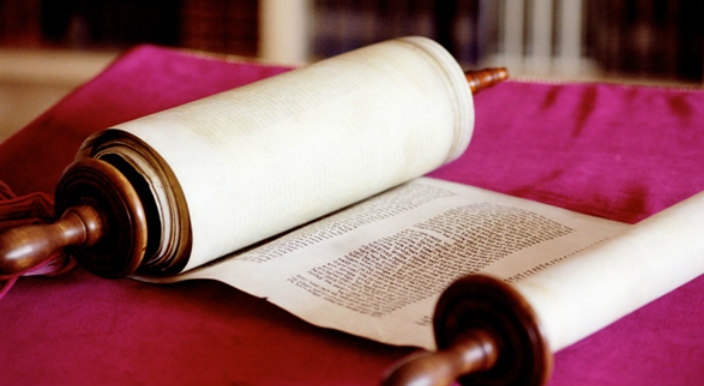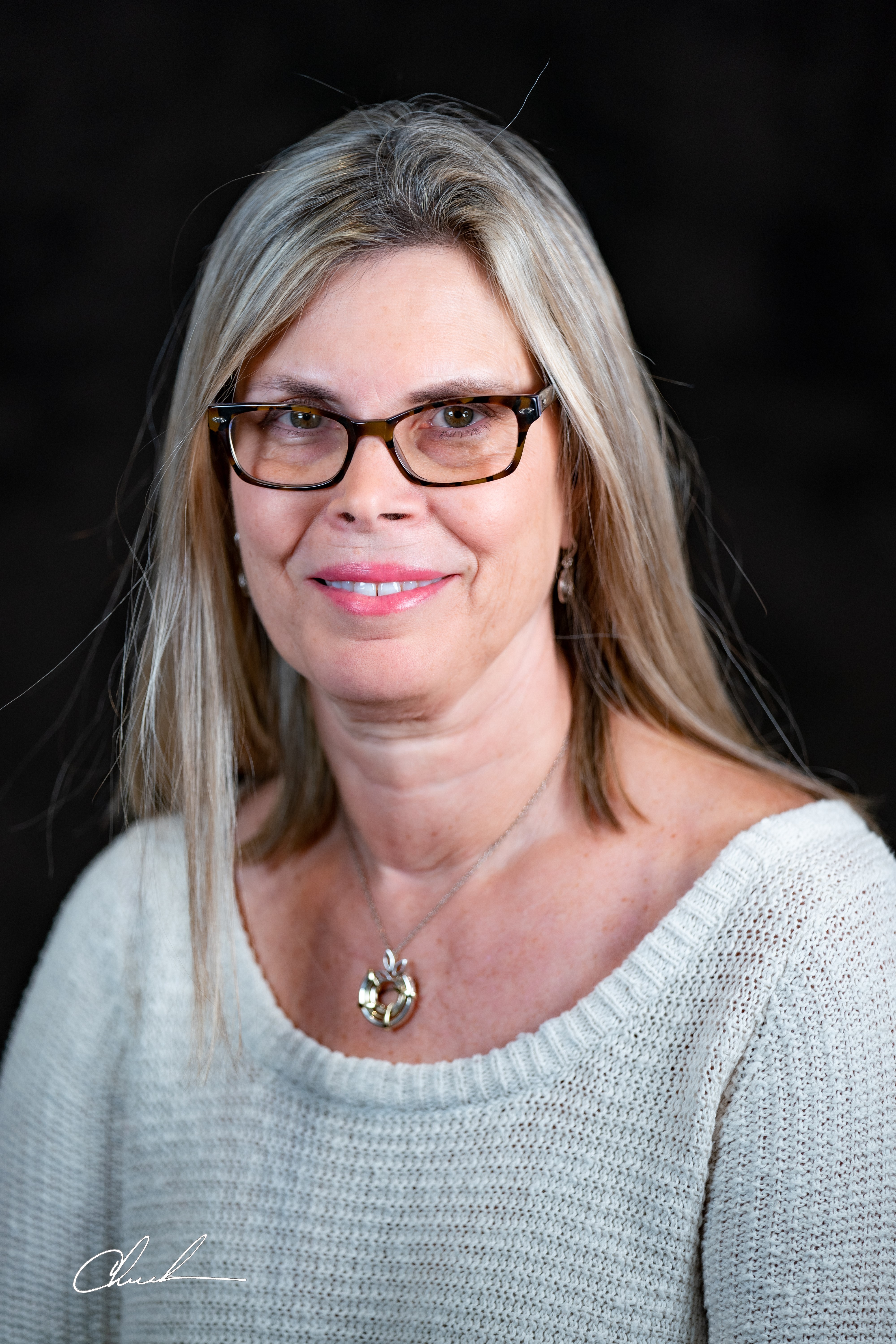
Mishpatim is filled with detailed rules and regulations. It would be naïve to read the interpersonal laws about the treatment of animals, slaves, and property and how to offer kindness to strangers as mundane. This is far from true. A close look shows us that they are the beginnings of an ethical, legal structure that sets the foundation for Judaism, the first monotheistic religion. This portion also includes the commandments to observe the Sabbatical Year, the first mention of the three pilgrimage festivals (Pesach, Shavuot, and Sukkot), and rules about sacrifices and the basis of the laws of kashrut. The laws are a blueprint for how to live in a society with others and describe the foundational communal events of our tradition. This is truly a moment of transcendence when ritual, myth (or narrative), ethics, and communal responsibility are all identified as essential components of our tradition.
Near the end of Mishpatim (Exodus 24:7), the Israelites accepted the b’rit with the statement "na'aseh v'nishma" -- we will do, and we will hear/understand. It is this phrase that resonates with me more than any other in this Torah portion. How we translate v'nishma is essential to our understanding of this phrase. Just as Sh'ma Yisrael is best translated as 'Listen Israel,' so too is v'nishma best translated as we will listen. 'To hear' is to act without intention, while 'to listen' means to hear with understanding and intention.
Judaism is often said to be a religion of intention displayed through action. Rabbi Jill Jacobs (Executive Director of T'ruah: The Rabbinic Call for Human Rights), states “This understanding of Judaism as a religion of action is encapsulated by the biblical verse in which the Jews standing at Mount Sinai signal their acceptance of the Torah with the words “na’aseh v’nishma–we will do, and we will hear/understand.” In other words, the Jewish people promise first to observe the laws of the Torah and only afterward to study these laws. In traditional Jewish culture, this statement has come to epitomize the Jewish commitment to the Torah.”
This reflects the importance of doing the mitzvot in Jewish life. The Jews standing at Mount Sinai accepted the Torah with the words “na’aseh v’nishma.” Our tradition holds that all Jews were present at this moment, and our sages teach us that this statement exemplifies our faith and trust that what God instructs us to do, we can and will do. God has repeatedly intervened on our behalf. Saying “na’aseh v’nishma” is our collective response to God that just as God has done for us, we will do for God. “At the moment when the Jewish people said first ‘We will do’ and then ‘We will understand,’ a heavenly voice went out and said to them, Who revealed to my children this secret, employed by the angels, as it is written, ‘Praise God, O God’s angels, mighty in strength, who do God’s will and understand God’s word’” (Tractate Shabbat 88a).
When I light candles, participate in rituals, and welcome the stranger, I feel connected to those who stood at Mount Sinai. Doing mitzvot, celebrating the festivals, and working for social justice is essential to my identity as a Jew. Being part of a community with an ethical framework fills me with pride. Doing Jewish acts independently and in the community makes me feel that I am living Jewishly. Like those who came before me, I accept the importance of doing mitzvot and adhering to the law as a path to understanding it. We are meant to wrestle with the law. Questioning is part of learning and only leads to greater understanding, adding more intention to our actions.
Rachelle Weiss Crane is a WRJ Board member, South West District Executive Committee Member, and a past president of WRJ Sisterhood of Temple Emanu-El in Dallas. She currently serves the congregation as a Vice President.
Related Posts

Parashat Yom Rishon shel Rosh HaShanah

Cultivating a Culture of Accountability and Belonging


